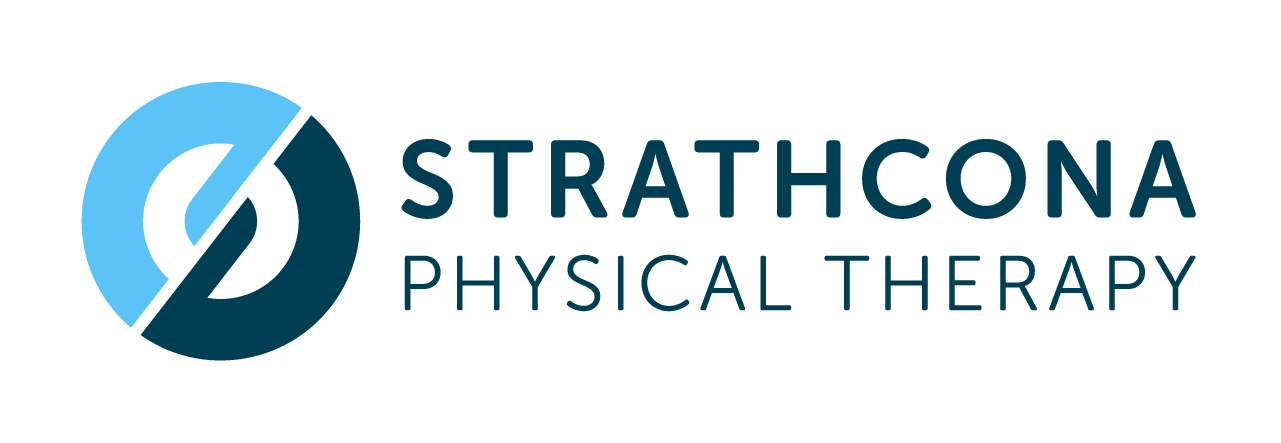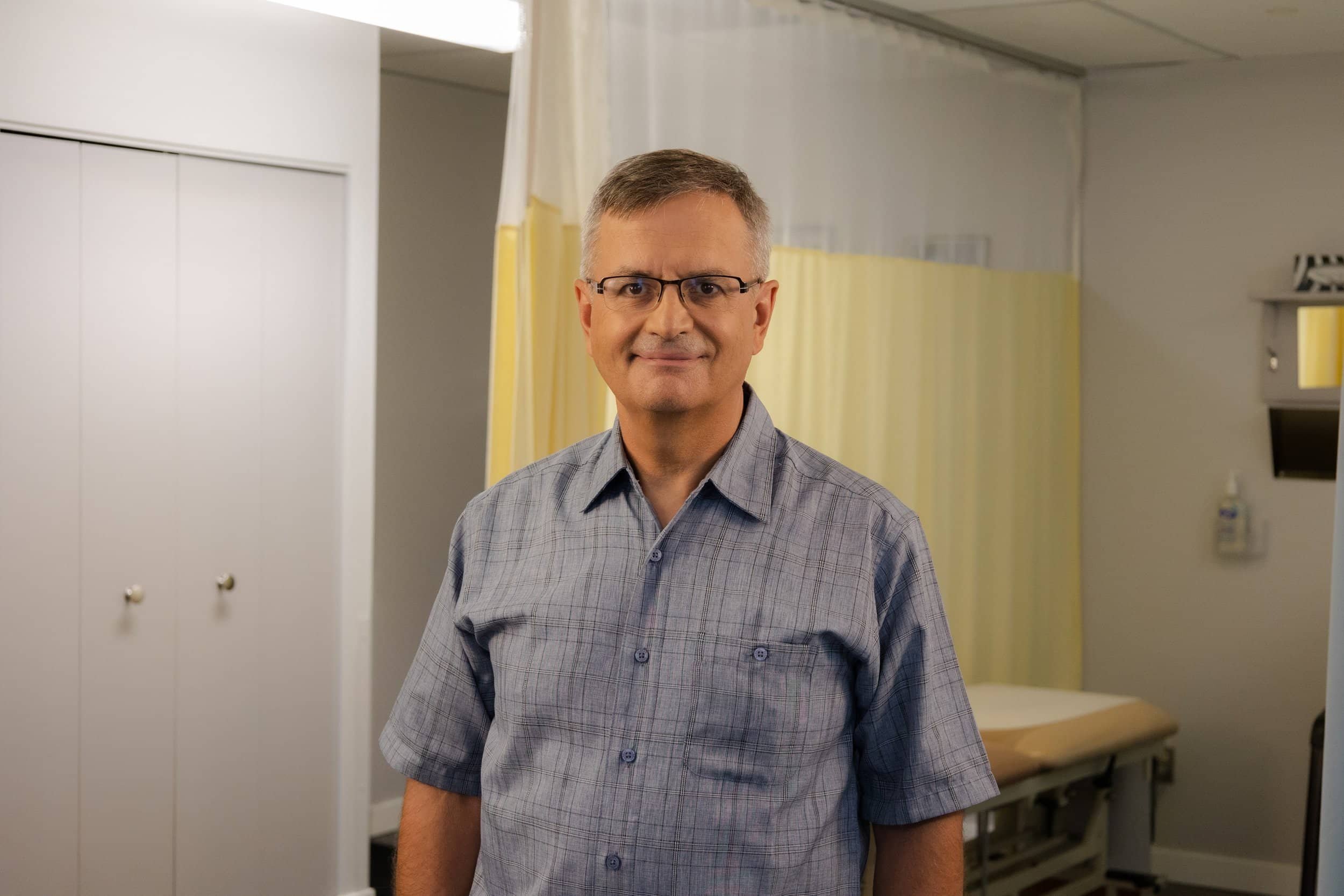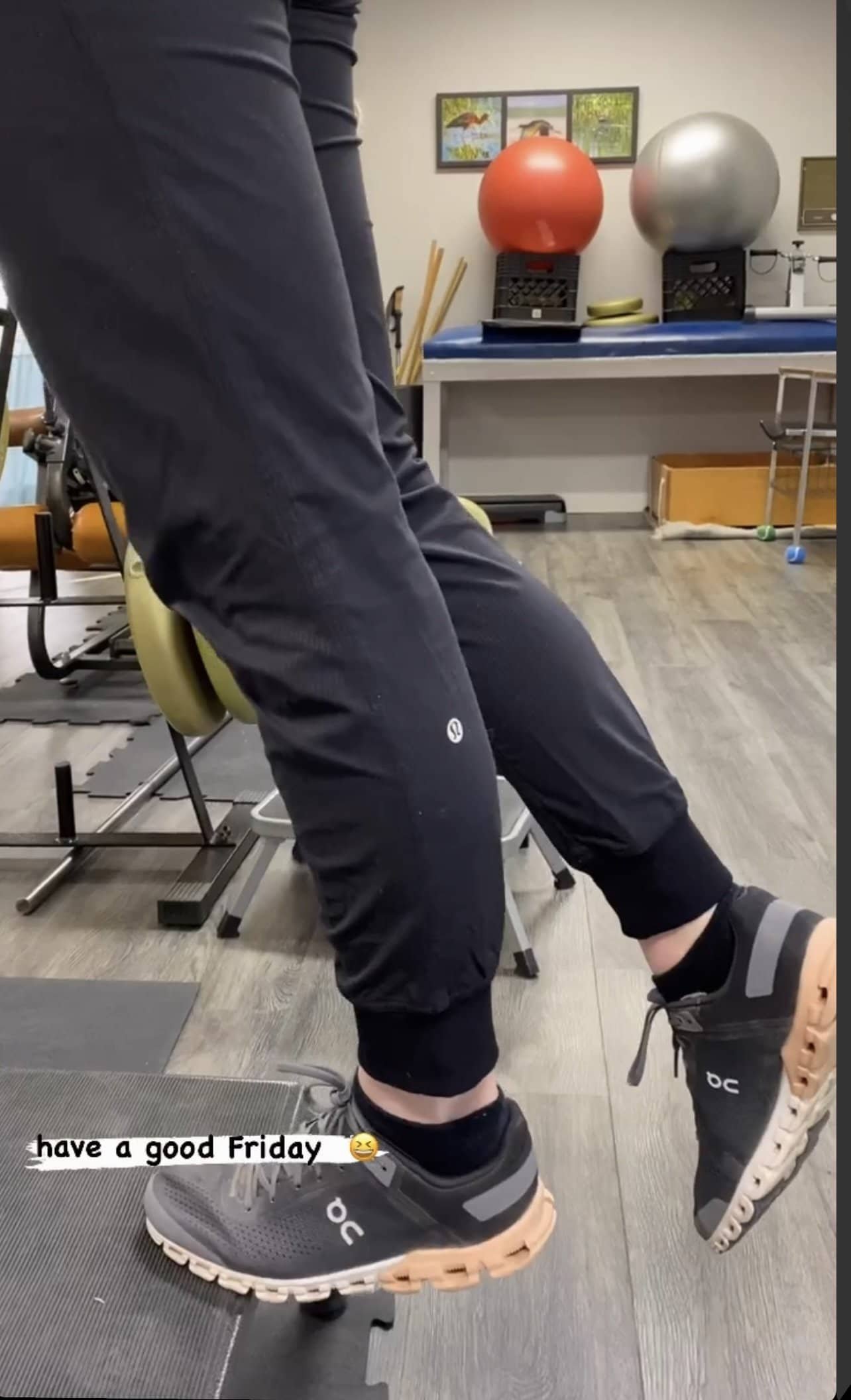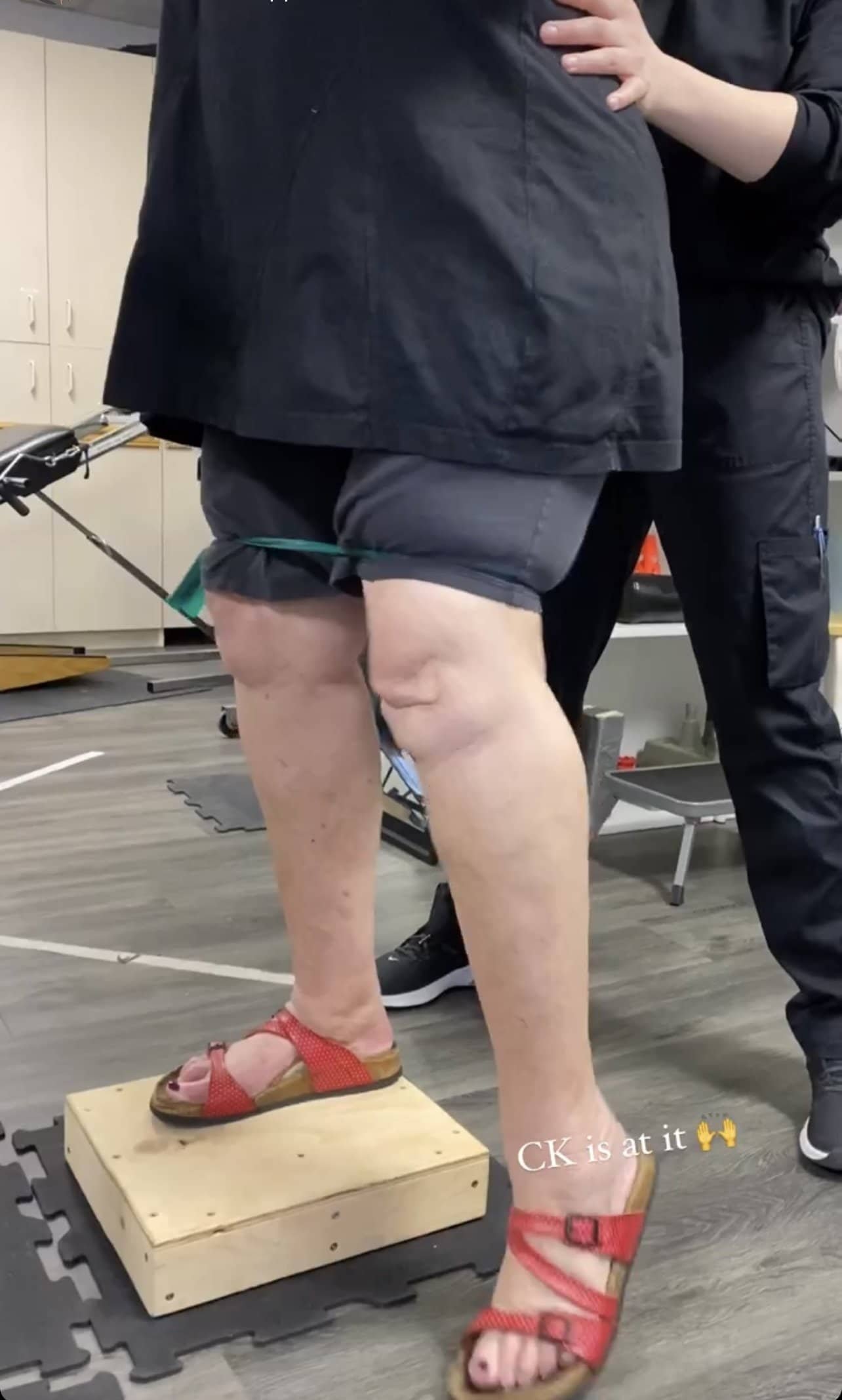Welcome to Strathcona Physical Therapy
Restore. Strengthen. Progress.
At Strathcona Physical Therapy, we stand as a cornerstone in Alberta's physical therapy landscape, proudly serving the Edmonton community for over 55 years. As one of the original physiotherapy clinics in Alberta, we are deeply rooted in our commitment to the well-being of every patient. With strong connections to the University of Alberta, we leverage a tradition of excellence and deep-seated expertise in physiotherapy. Our dedicated team is here to guide you on your path to recovery and improved health, ensuring each visit moves you towards greater vitality and wellness.
Experience Excellence in Physiotherapy
-
Receive comprehensive, insurance-coordinated treatment for injuries resulting from motor vehicle accidents, ensuring a smooth recovery process. Discover more
-
Specialized services for workplace injuries, facilitating claims and rehabilitation through WCB protocols. Discover more
-
Specialized pelvic floor physiotherapy at Strathcona Physical Therapy . Treat urinary incontinence, pelvic pain, postpartum recovery, and more with personalized care. Discover more
-
Pioneers in TMJ treatment in Alberta, working closely with dentists, doctors, and the Oral Facial Pain Clinic at the University of Alberta to deliver effective care. Discover more
-
Experience advanced shockwave therapy at Strathcona Physical Therapy. Treat plantar fasciitis, tennis elbow, calcific tendonitis, and more. Discover more
-
Comprehensive Schroth Therapy at Strathcona Physical Therapy. Manage scoliosis with personalized exercises to improve posture, reduce pain, and enhance quality of life. Discover more
-
Expert care for orthopaedic and sports-related injuries, helping athletes and individuals regain strength and function. Discover more
-
Targeted therapies for vestibular disorders, addressing balance and dizziness issues to enhance daily living. Discover more
-
Comprehensive strategies for concussion recovery, focusing on symptom management and safe return to activities. Discover more
-
Home to dry needling specialists, offering targeted treatments to alleviate muscle pain and improve mobility. Discover more
Our Team of Physiotherapists
Carly Frances McKay, MScPT
Registered Physiotherapist
Carly earned her Master of Physical Therapy from McMaster University in 2020, following a Bachelor of Science in Kinesiology from Queen’s University in 2017. Raised in St. Albert, she dedicated much of her youth to ballet, training at esteemed institutions across Canada and the USA, including Canada's National Ballet School and the Juilliard School. This experience sparked her interest in human performance and a passion for helping individuals of all ages achieve optimal movement and potential.
As a physiotherapist, Carly is committed to assisting patients in reaching their personal health goals and promoting long-term healthy, active lifestyles. Her patient-centered, evidence-based approach has led her to pursue advanced training in cancer rehabilitation, dry needling, acupuncture, and pelvic health. She employs a multimodal treatment philosophy, emphasizing education, manual therapy, and tailored exercises to help patients achieve their objectives.
In her leisure time, Carly enjoys Pilates, yoga, and various fitness classes. She also delights in exploring new cafes and restaurants, and taking walks in the river valley.
Jennifer Poon, MScPT
Registered Physiotherapist
Jennifer Poon earned her Master of Science in Physical Therapy from the University of Alberta, preceded by a Bachelor of Science in Biological Sciences with Distinction. Her fascination with the intricacies of the human body and the deep satisfaction of building patient relationships solidified her commitment to physiotherapy. With experience spanning across varied demographics, from paediatric to geriatric patients, Jennifer champions a patient-centric approach. Recognizing the uniqueness of each individual, she meticulously tailors treatment programs to align with their specific requirements. Her methodology underscores the power of therapeutic exercises, manual therapy, and patient education, all converging to foster optimum recovery. Her aim is not only to address immediate concerns but to instill a long-lasting sense of self-management and empowerment in her patients. Outside the professional realm, Jennifer maintains an active lifestyle by engaging in diverse fitness routines, including boxing, dance, and weight training. Her weekends are often spent cherishing moments with loved ones or delving into the city's culinary scene, often penning insightful mini-reviews of her gastronomic discoveries.
Noman Anwari, MScPT BSc (Hons)
Registered Physiotherapist, Clinic Owner/Director
Noman Anwari holds a Master’s degree in Physical Therapy from the University of Alberta and a Bachelor’s degree in Biomedical Sciences and Psychology from York University in Toronto. His academic and clinical background provide him with a strong foundation in human physiology, rehabilitation sciences, and patient-centered healthcare. During his studies, Noman was also actively involved in genetic research and clinical research in hospital settings, deepening his understanding of evidence-based practice and the biological underpinnings of disease and recovery.
Noman has extensive experience treating a wide range of conditions, including chronic pain, musculoskeletal injuries, concussion, vestibular dysfunction, scoliosis, and temporomandibular (TMD) disorders. He is certified in Schroth therapy for scoliosis, advanced dry needling (IMS/Functional Dry Needling), concussion and vestibular rehabilitation, and advanced TMD/jaw rehabilitation, and has completed advanced training in manual therapy, spinal manipulative therapy, and chronic pain management. He also works with the Oral Medicine team at the University of Alberta, collaborating within a multidisciplinary setting to manage complex TMD, neck, and oral health conditions.
Known for his teamwork, innovation, and attention to detail, Noman combines manual therapy, progressive functional exercise, strength training, calisthenics, and neuromuscular retraining to help patients restore function and return to their active lives. His approach is highly individualized, evidence-based, and focused on empowering patients to take an active role in their recovery.
Outside of clinical practice, Noman is passionate about giving back to the community. He has volunteered at Alberta Hospital and CASA Edmonton, supporting youth and families facing mental health challenges. He maintains an active lifestyle himself, enjoying hiking, soccer, baseball, fitness training, and calisthenics as part of his commitment to health and wellness.
Noman’s dedication to continuous learning, interdisciplinary collaboration, innovation, and delivering exceptional care makes him a trusted advocate for his patients and a respected professional in the field of physiotherapy.
Gerald Gosselin, MRSc BScPT
Registered Physiotherapist
Gerald holds a Master of Science in Rehabilitation Medicine from the University of British Columbia as well as a Bachelor of Science in Physical Therapy from the University of Alberta.
Gerald is a highly skilled physiotherapist with extensive post-graduate education, specializing in various areas such as Functional Dry Needling, Manual Spinal Therapy, Acupuncture, Sports Trauma Management, and Sports Nutrition. Over the last 20 years he has been the Head Physical Therapist for various Cirque du Soleil touring productions travelling around the world. Previously, he worked in private practice and was the Head Trainer for the UofA women’s soccer team. He is fluently bilingual (French and English). His extensive experience combined with his focus on health and wellness has helped his patients from all backgrounds achieve their goals. Gerald lives in the neighbourhood but continues to explore the world with his wife and two school aged girls.
Ed Steinbring, PT BSc.
Registered Physiotherapist
Graduated from University of Alberta in 1980 with a Bachelor of Science in Physical Therapy. Ed joined the team at Strathcona Physical Therapy in 1983 and became partner in 1984. In addition to practicing, Ed is an associate clinical professor at the University of Alberta in both Dentistry/Medicine and Rehabilitation Medicine Faculties.
Ed has completed post-graduate courses/certificated in: Temporomandibular joint disorder (TMJ), acupuncture, sports injury rehabilitation and manipulative therapy.
Ed has competed in numerous triathlons including two half iron man, two iron mans and several world champions.
Martin Parfitt
Registered Physiotherapist
After working at Strathcona Physical Therapy for 40+ years Martin has officially retired. Martin will be greatly missed at Strathcona Physical Therapy but we wish him the best in his retirement! We will continue to see TMJ patients in his absence. Our Therapist, have specialized training and we have 20+ years working with the University of Alberta Dentistry and Oral Facial Pain Clinic.
Motor Vehicle Accidents
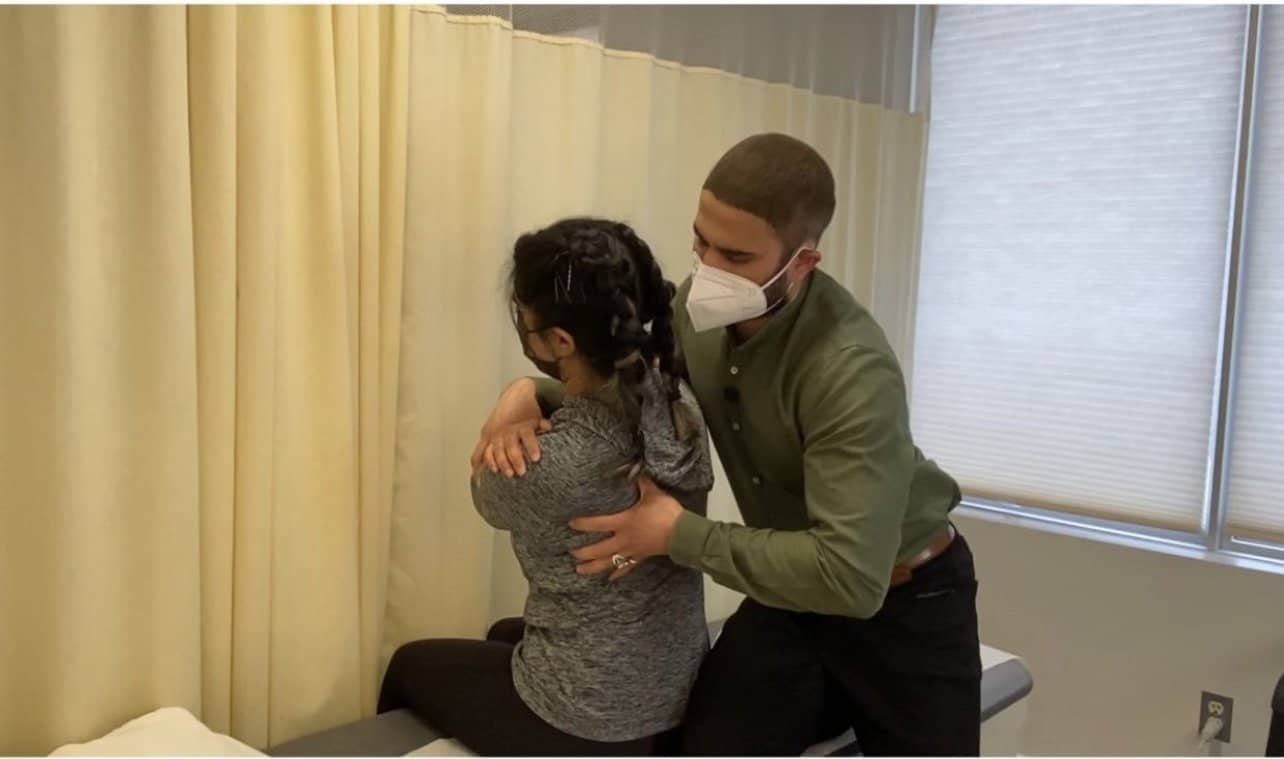
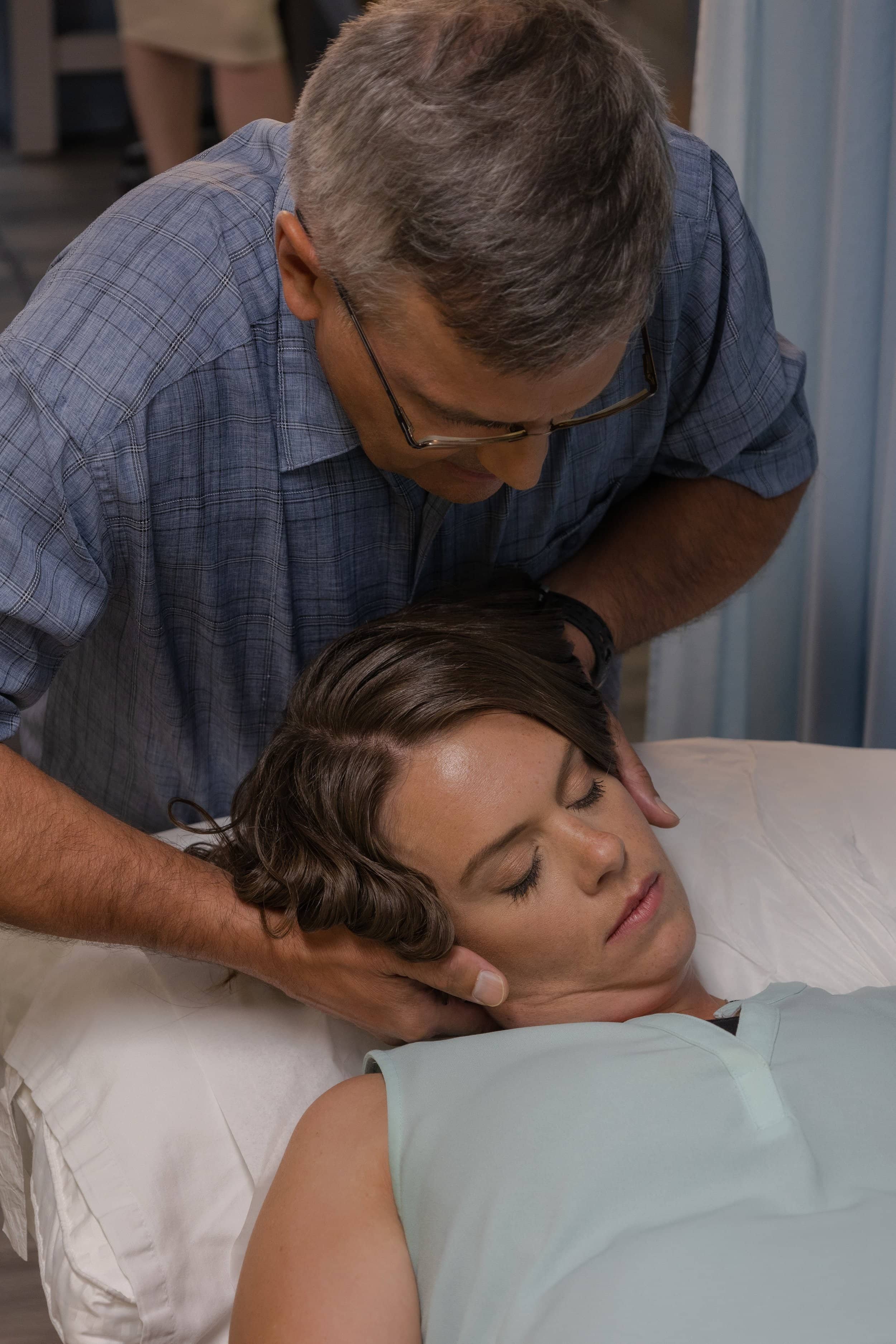
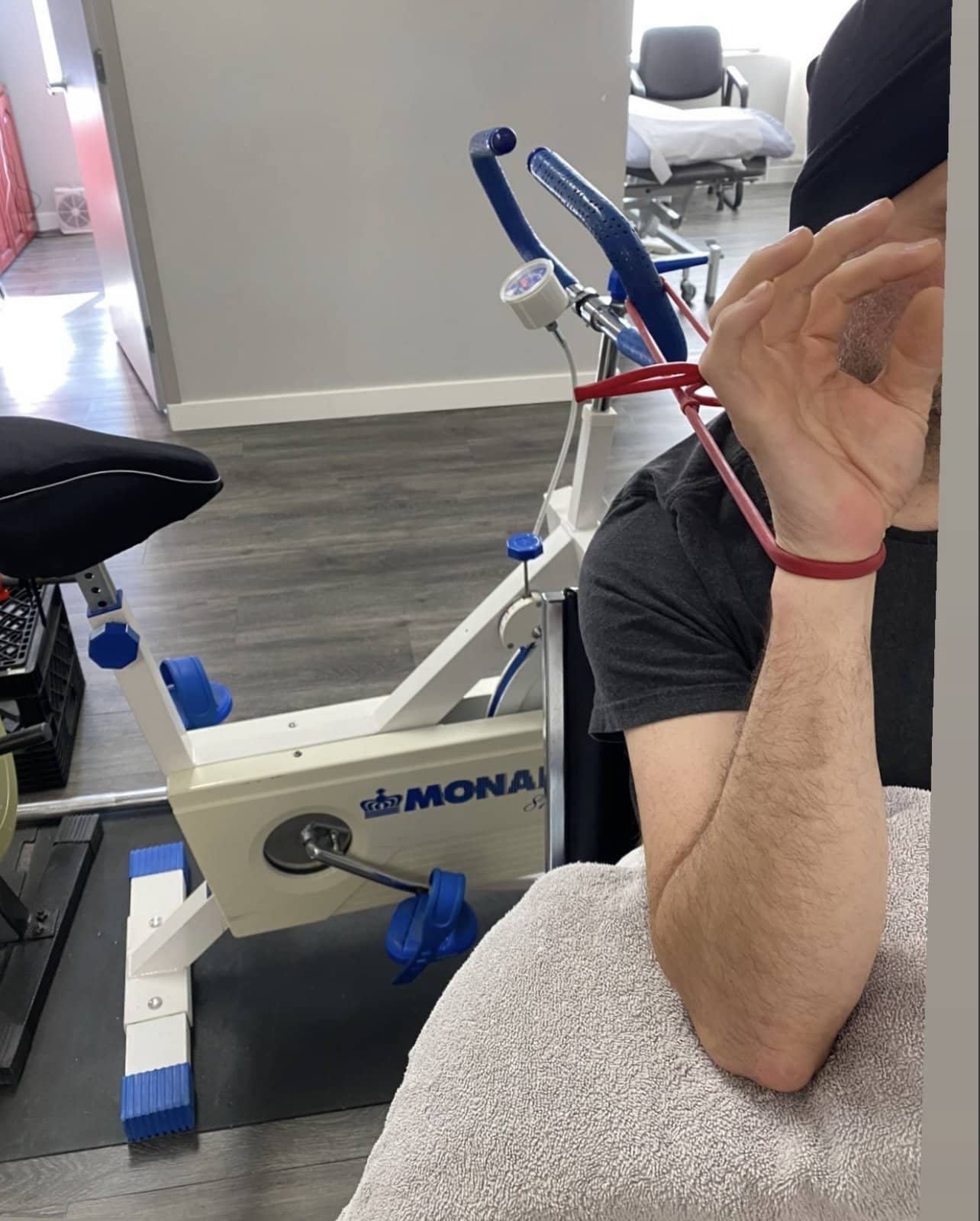
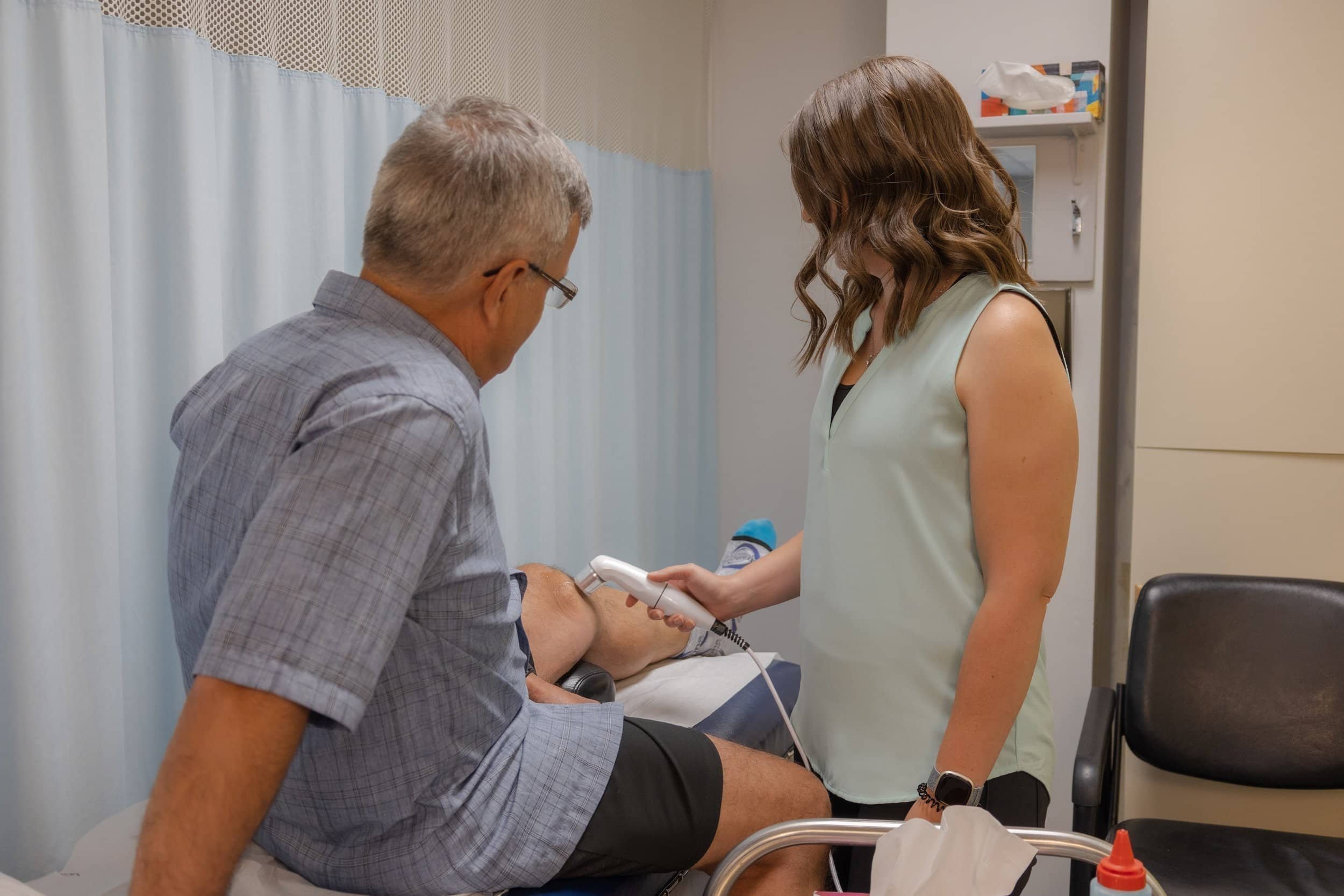
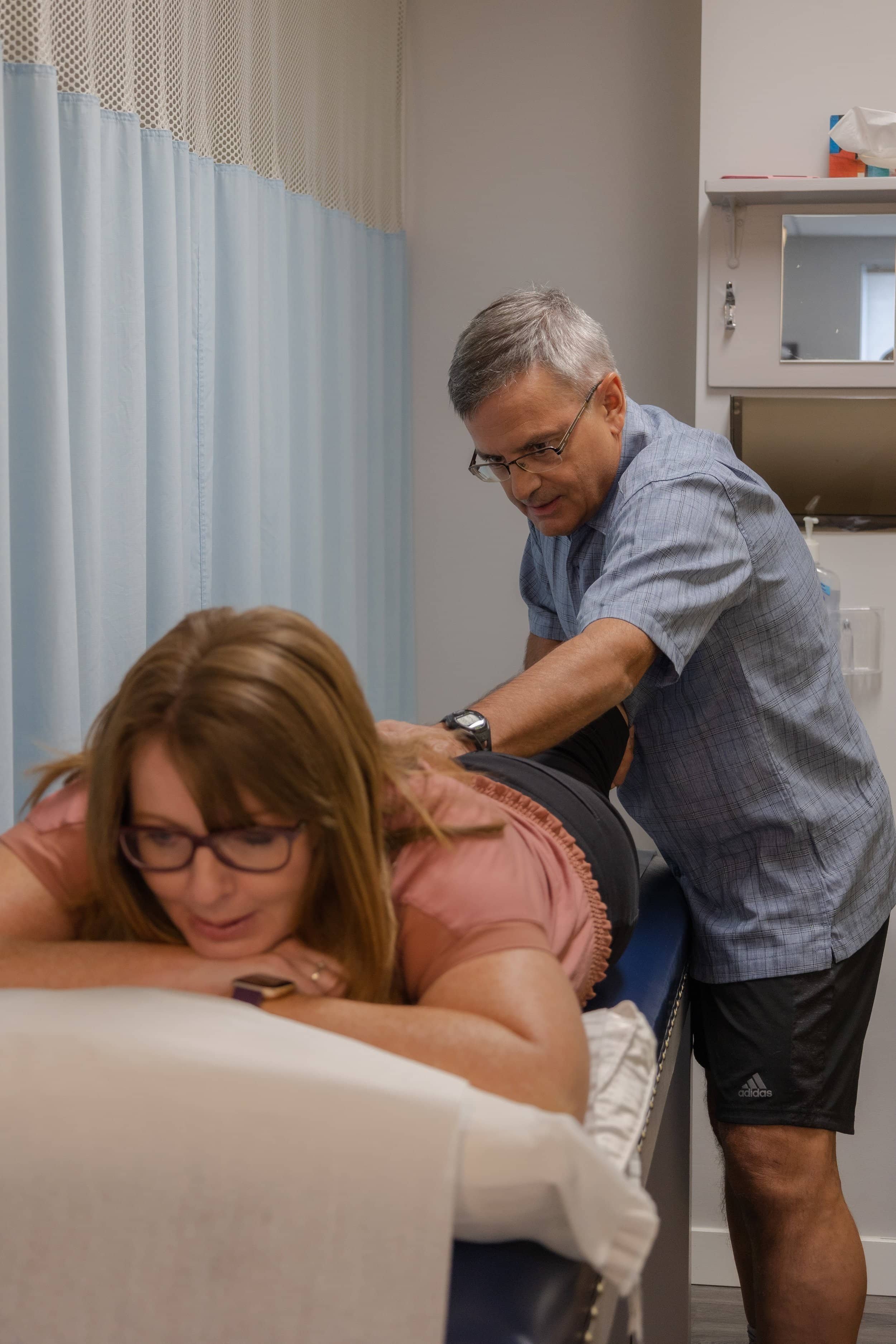
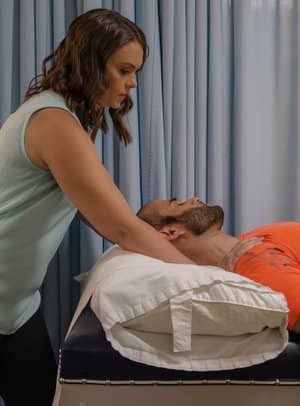
Getting into a car accident can be scary, painful and can lead to added stress. Patients that have been injured by a motor vehicle incident can rest assured that we are able to provide services and can coordinate with insurance companies for your treatment. Please be advised that you should talk to your insurance company before booking an appointment. Check with our clinic and bring in the proper paperwork that is given by the insurance company. It is recommended that you are seen as soon as possible after an MVA incident due to time frame restrictions. If you have any questions regarding number of treatments, time frame etc. please call our office.
Workers Compensation Board
Strathcona Physical Therapy - Your Trusted Provider for WCB Services and Treatment
We are WCB providers, which means we treat patients that have been injured at work and when approved by Workers Compensation Board will cover treatments. Coverage for treatment varies depending on your injury and your recovery. Inform receptionist that it is a WCB claim and bring the proper paperwork provided by a WCB claim manager. If you have any questions regarding number of treatments and paper work requirements do not hesitate to call our clinic.
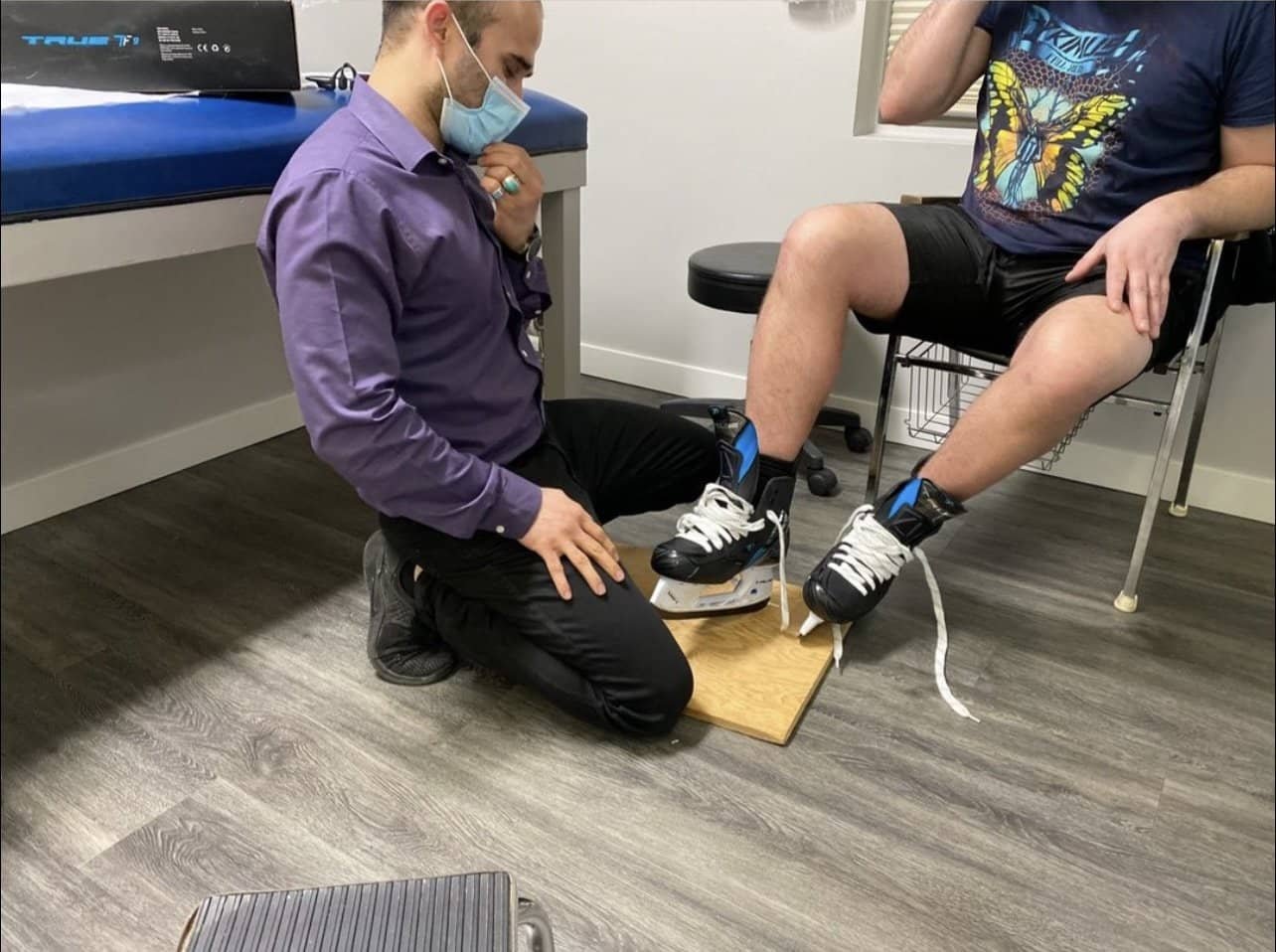

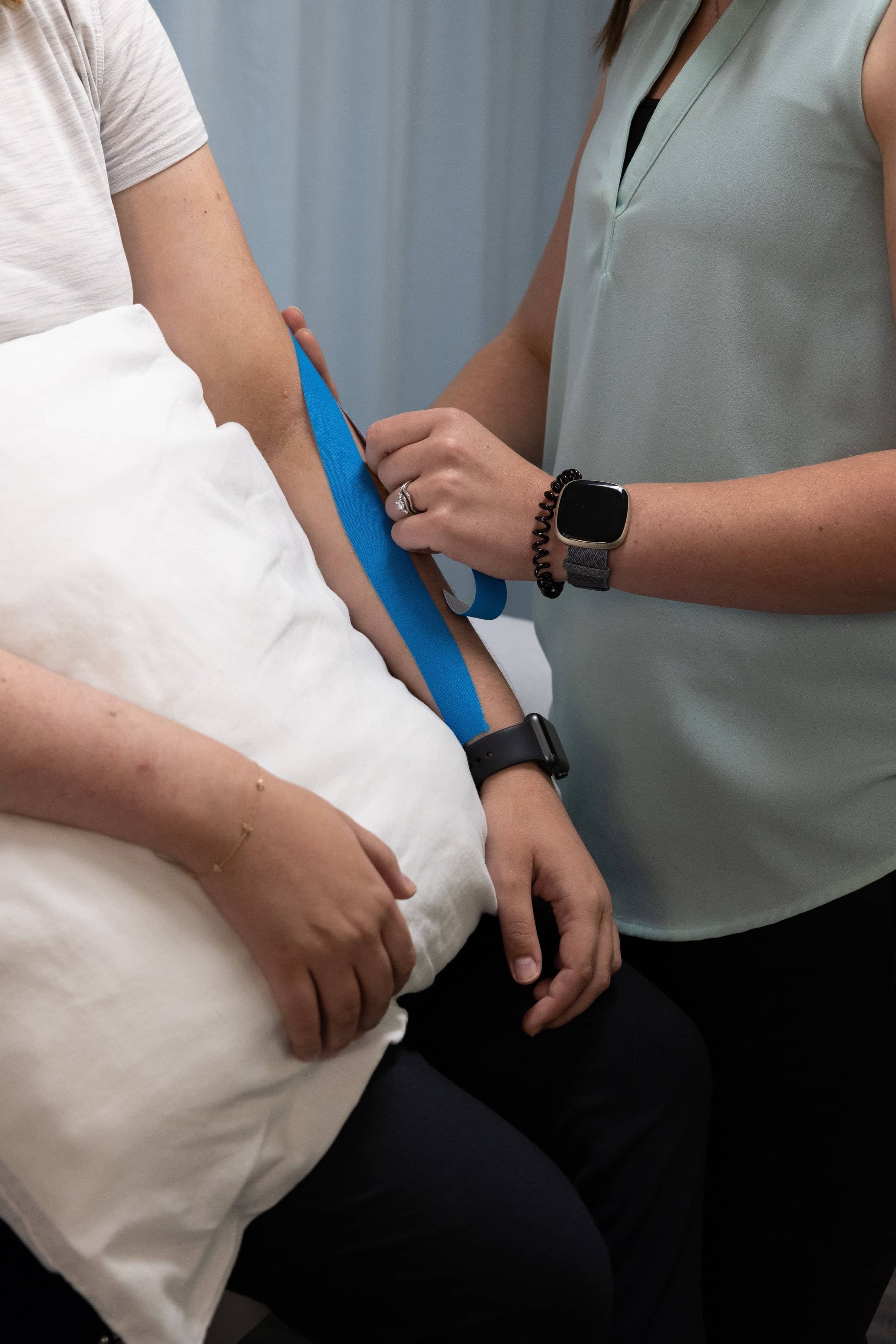

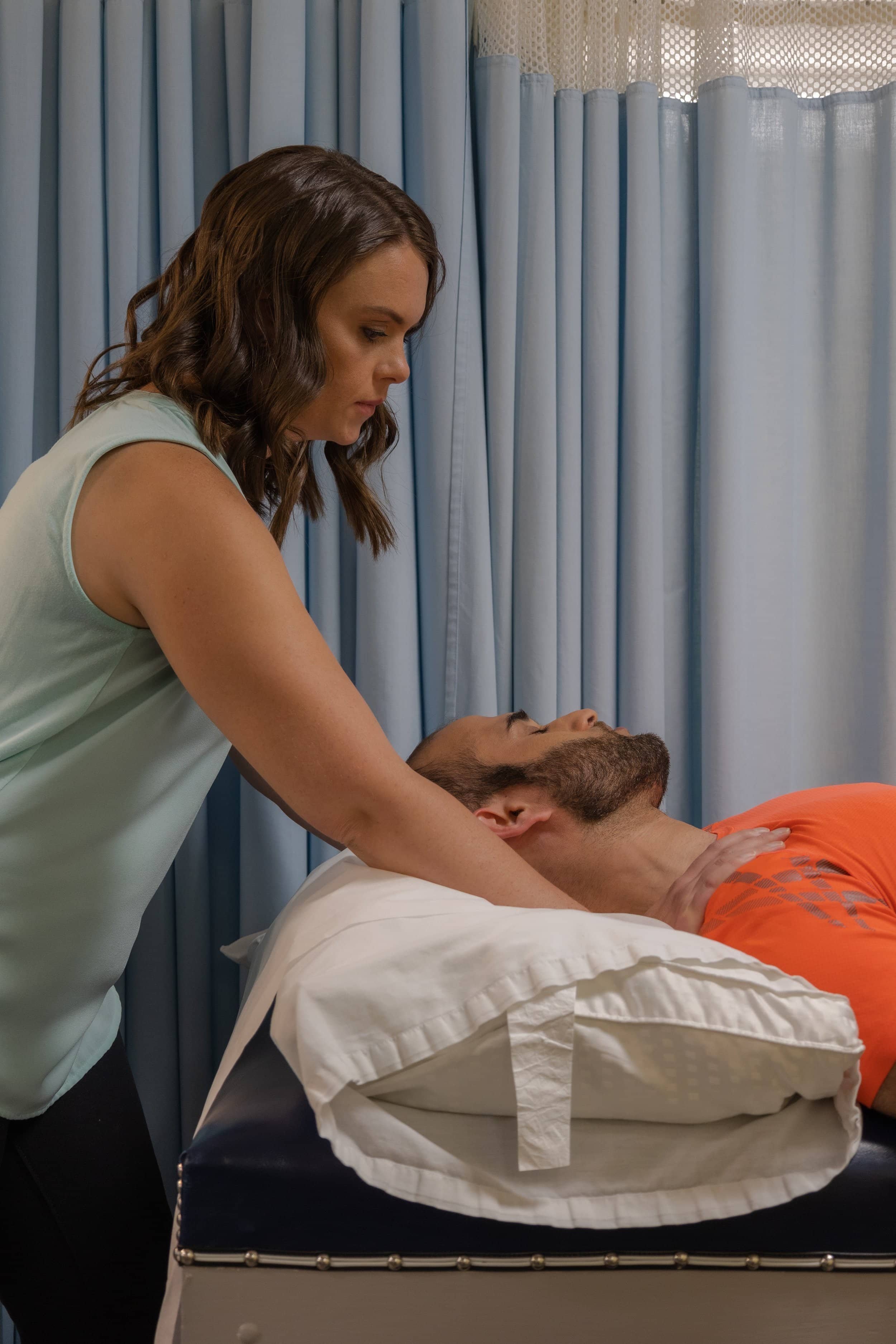


At Strathcona Physical Therapy, we understand the physical, emotional, and financial toll that workplace injuries can have on individuals. That's why we're committed to providing top-notch WCB (Workers' Compensation Board) services and treatment to help you on your journey to recovery.
We have a specialized team of professionals who are well-versed in dealing with WCB cases. We work closely with both the injured workers and the WCB case managers to ensure comprehensive care and a smooth rehabilitation process.
Our primary goal is to assist you in returning to work in a safe and timely manner. To accomplish this, we offer a range of services and treatments tailored to your specific needs. Our experienced therapists utilize evidence-based techniques and the latest advances in physical therapy to facilitate your recovery.
One of our key services is a thorough assessment of your injury. Our skilled therapists will evaluate your condition and develop an individualized treatment plan, taking into account both your physical limitations and your work requirements. This personalized approach ensures that we address your unique needs and get you back to work at full capacity.
Throughout the treatment process, we offer a wide array of therapeutic interventions aimed at reducing pain, enhancing mobility, and improving functional abilities. These may include manual therapy, therapeutic exercises, modalities like heat or cold therapy, as well as education on injury prevention and self-management techniques.
At Strathcona Physical Therapy, we place a strong emphasis on facilitating open communication and collaboration between all parties involved in your WCB case. We work closely with your case manager to ensure timely reporting, effective coordination, and efficient progress updates.
Moreover, we understand the importance of keeping up with the paperwork associated with WCB claims. Our administrative team is well-versed in dealing with WCB documentation, billing, and follow-up requirements, alleviating this burden from your shoulders.
As a trusted provider of WCB services and treatment, Strathcona Physical Therapy prides itself on its reputation for delivering compassionate, high-quality care. We are dedicated to empowering our patients to overcome their work-related injuries and achieve the best possible outcomes.
If you've been injured at work and require WCB services and treatment, don't hesitate to contact Strathcona Physical Therapy. Our experienced team is here to support you every step of the way, helping you get
Pelvic Floor Physiotherapy




Discover the Benefits of Pelvic Floor Physiotherapy at Strathcona Physical Therapy
We offer specialized pelvic floor physiotherapy services designed to address a variety of pelvic health issues. Our expert physiotherapists provide personalized care to help you achieve optimal pelvic health, comfort, and functionality.
What is Pelvic Floor Physiotherapy?
Pelvic floor physiotherapy focuses on the assessment and treatment of pelvic floor disorders. The pelvic floor is a group of muscles, ligaments, and tissues that support the bladder, uterus (in women), prostate (in men), and rectum. These muscles play a crucial role in urinary and bowel control, sexual function, and stability of the pelvic organs.
Conditions We Treat
Urinary Incontinence: We provide effective treatment for stress, urge, and mixed urinary incontinence, helping you regain control and confidence.
Pelvic Organ Prolapse: Our therapists offer exercises and techniques to manage symptoms and improve the support of pelvic organs.
Chronic Pelvic Pain: We address various causes of pelvic pain, including interstitial cystitis, pelvic inflammatory disease, and endometriosis, through tailored treatment plans.
Postpartum Recovery: Specialized care to help new mothers recover strength, function, and comfort after childbirth, addressing issues such as diastasis recti and pelvic pain.
Painful Intercourse (Dyspareunia): We provide treatments to alleviate pain during intercourse and improve sexual health and function.
Bowel Disorders: Management of constipation, fecal incontinence, and irritable bowel syndrome (IBS) through targeted pelvic floor therapy.
Our Approach
Comprehensive Assessment: Our initial assessment includes a thorough evaluation of your medical history, pelvic floor function, and any related symptoms. This helps us develop a personalized treatment plan tailored to your specific needs.
Individualized Treatment Plans: Based on your assessment, we create a customized plan that may include manual therapy, biofeedback, pelvic floor exercises, and lifestyle modifications.
Manual Therapy: Hands-on techniques to improve pelvic floor muscle function, reduce pain, and enhance mobility.
Pelvic Floor Exercises: Guided exercises to strengthen, relax, and improve coordination of the pelvic floor muscles.
Education and Support: We provide education on pelvic health, self-management strategies, and ongoing support to ensure lasting results.
TMJ Treatment
Our Therapist at Strathcona Physical Therapy are trained to assess and treat problems of the temporomandibular joint (TMJ) and works closely with the Oral Facial Pain clinic at the University of Alberta dealing with TMJ patients. TMJ is a complex joint that can leave patients in pain when chewing, talking, difficulty sleeping, and headaches. Together with dentists and doctors, we can help patients recover from trauma and surgery.
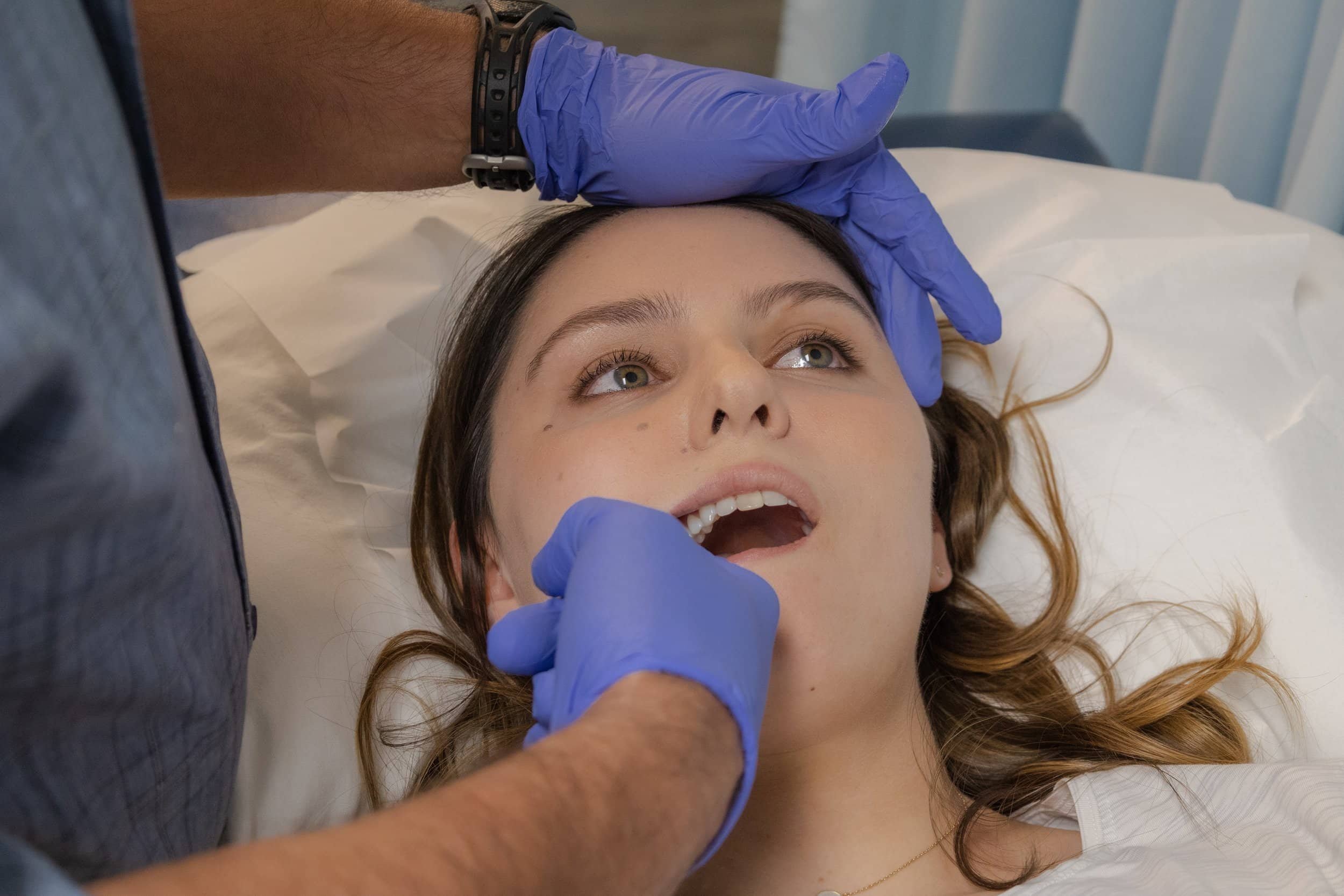
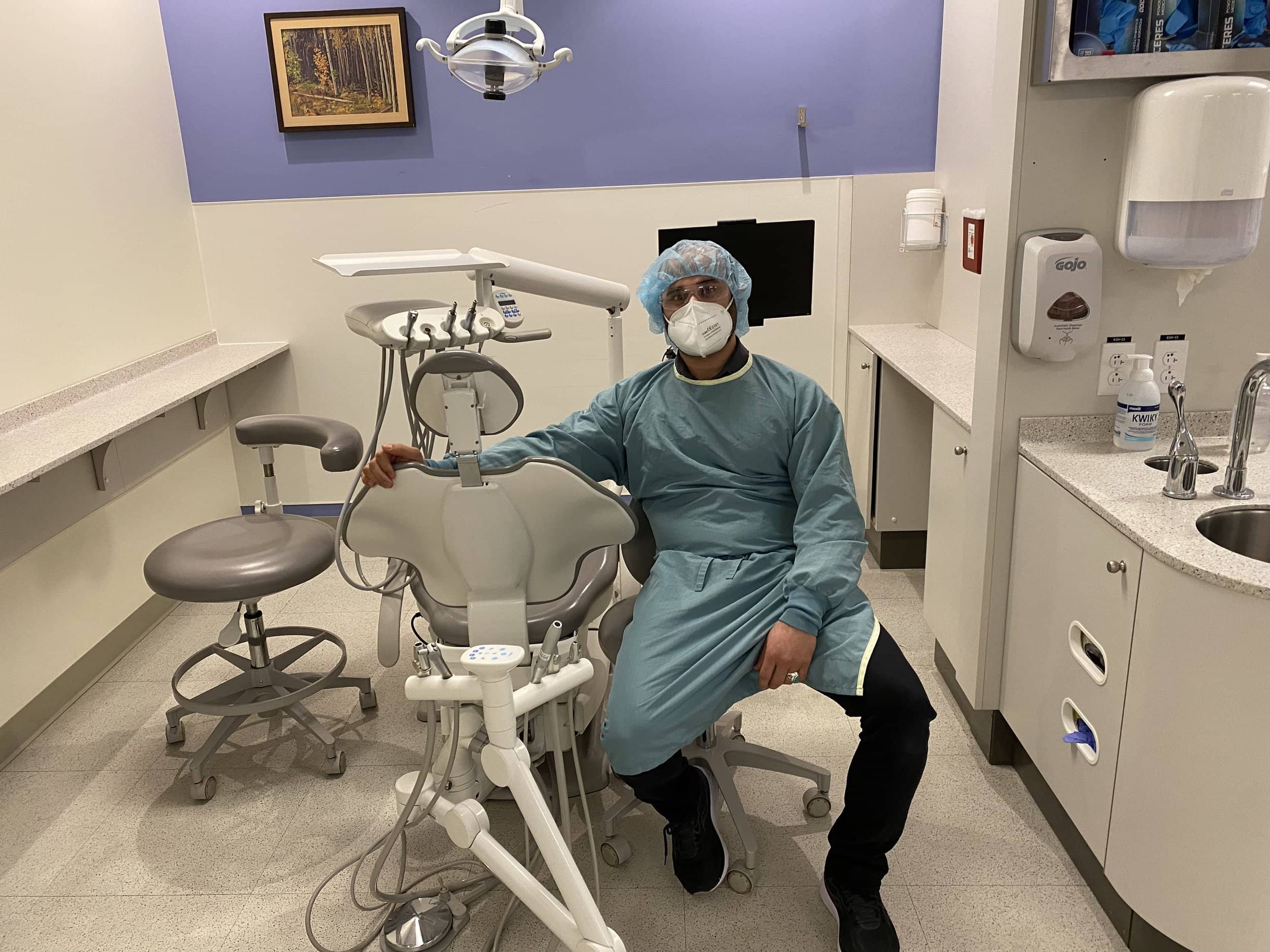
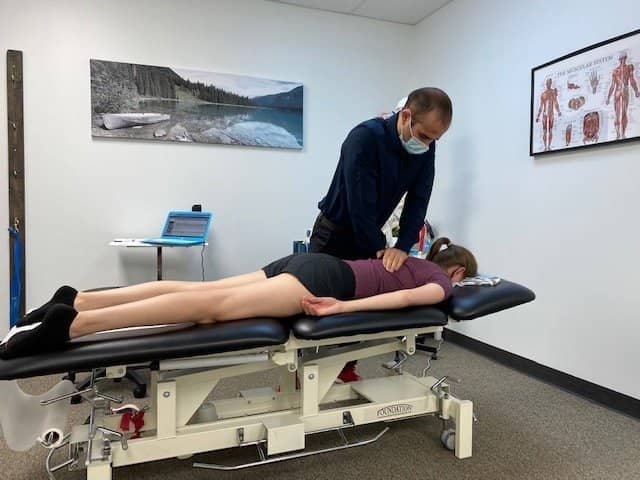
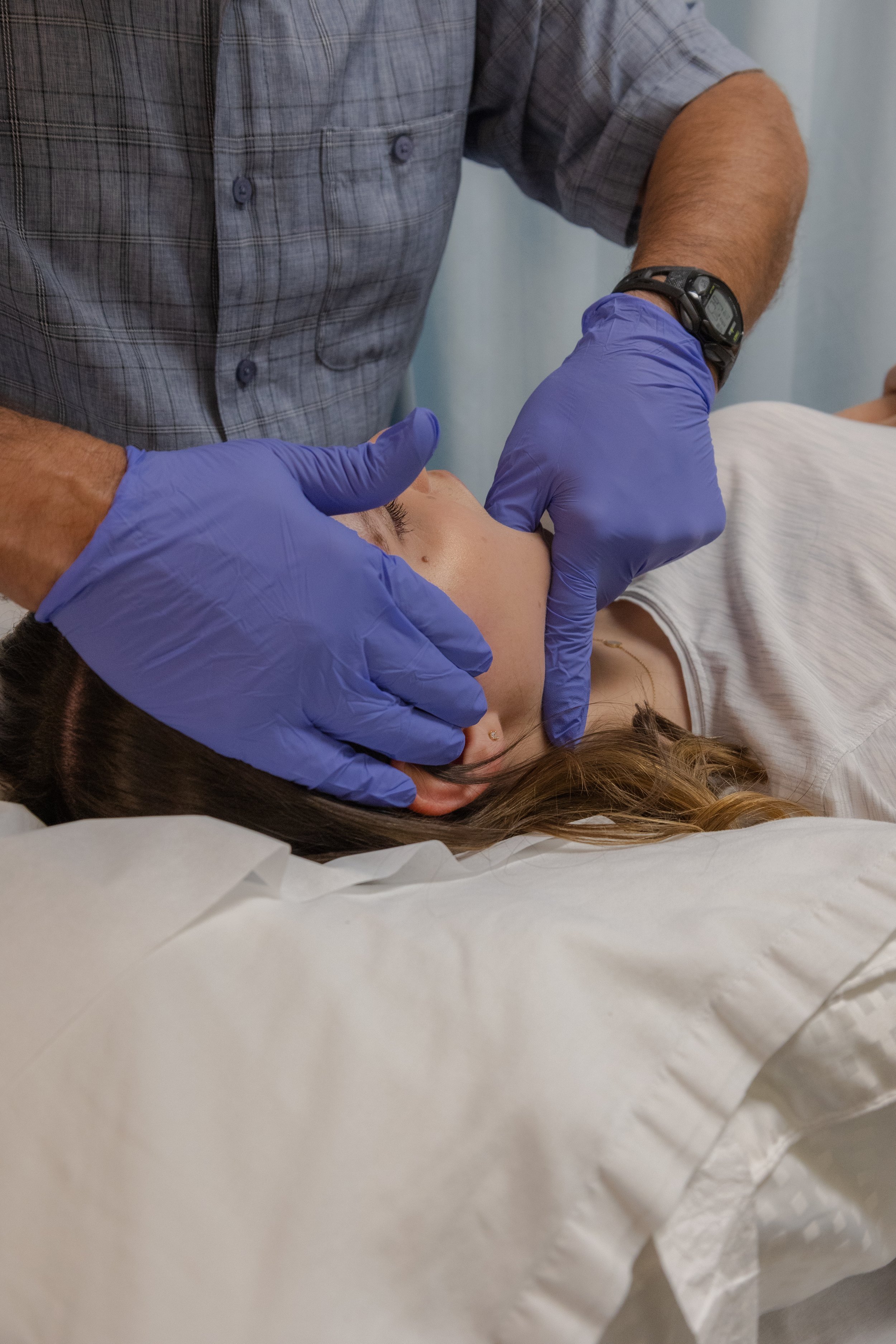
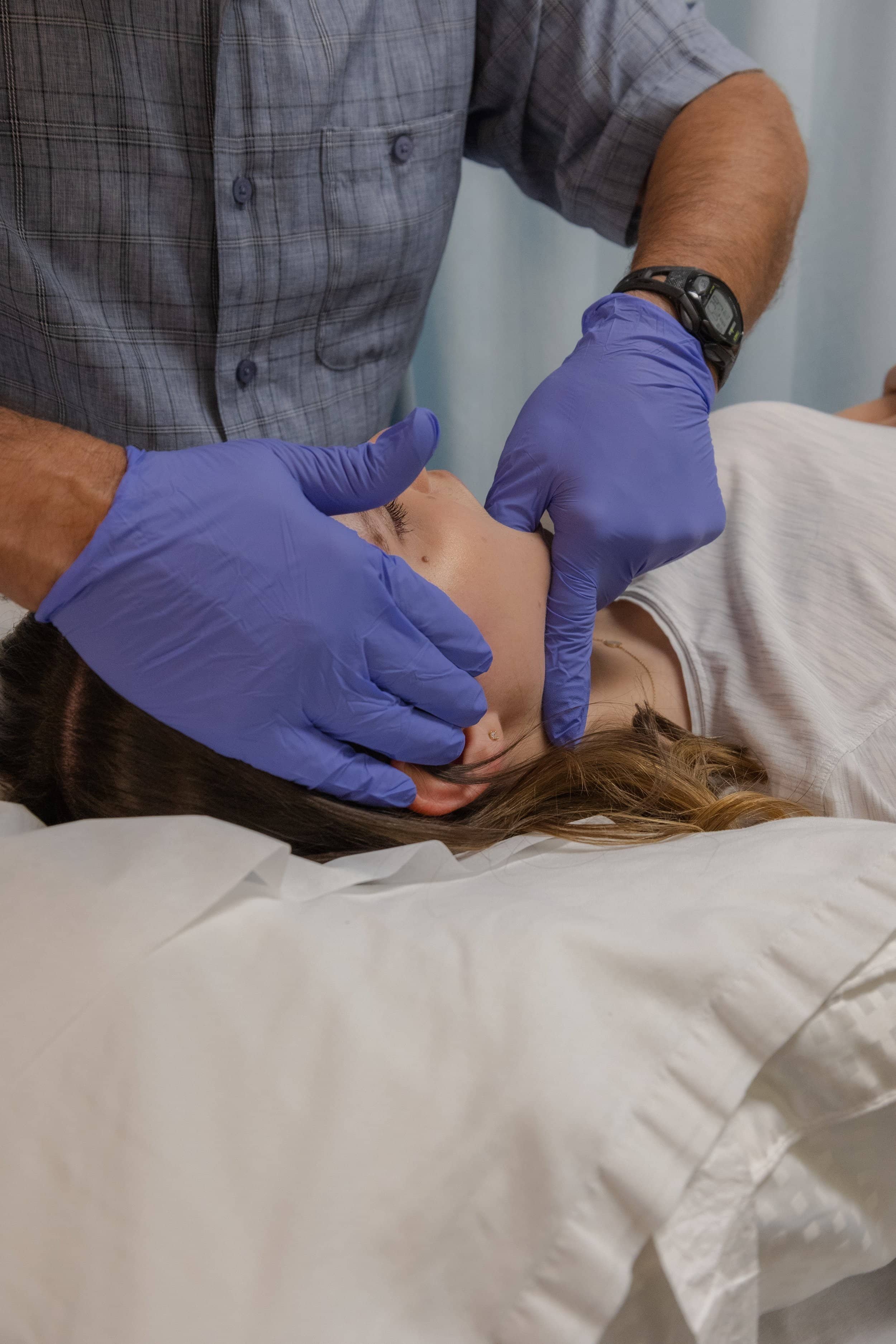
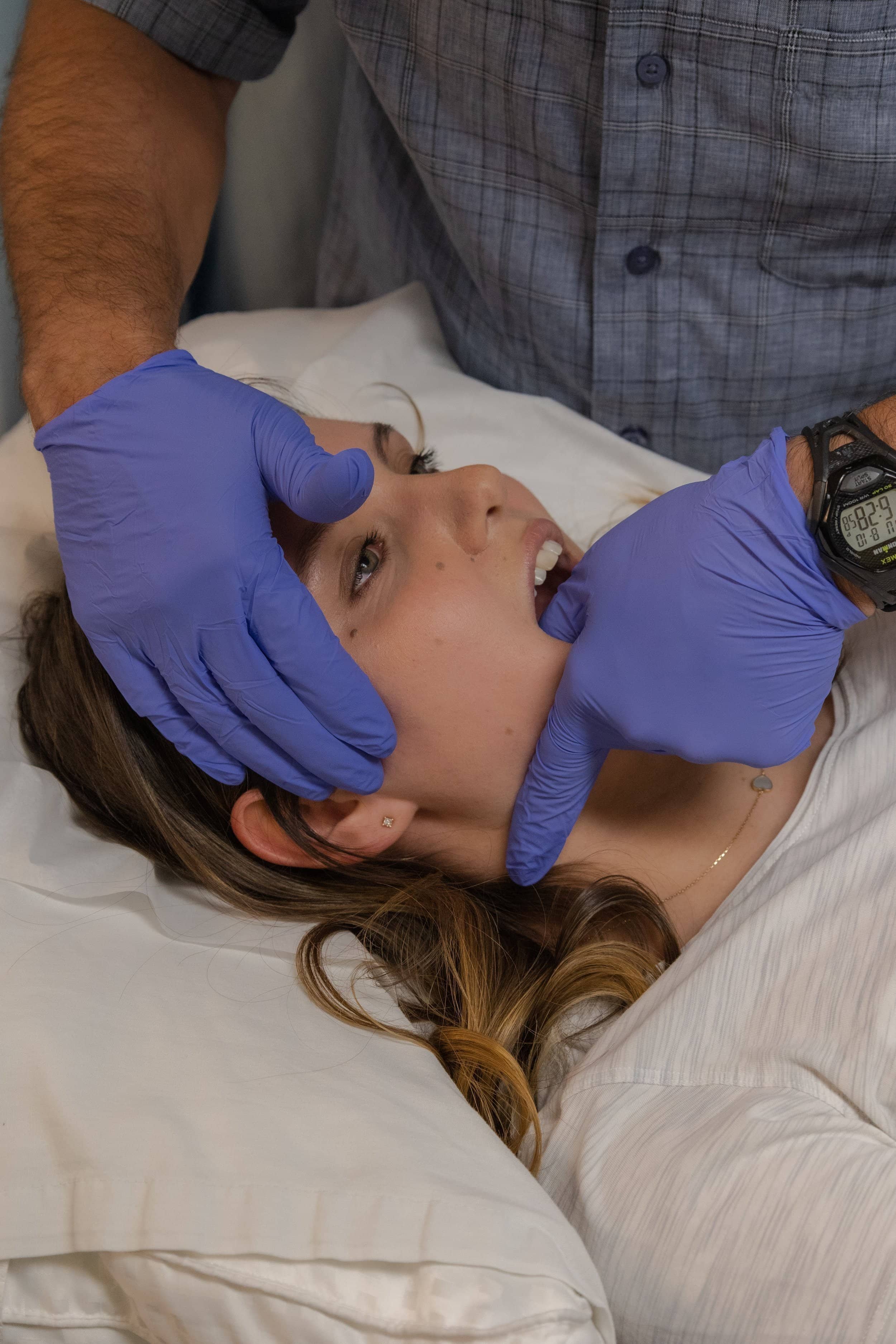
TMJ Services and Treatment at Strathcona Physical Therapy
At Strathcona Physical Therapy, we understand the significant impact that temporomandibular joint (TMJ) disorders can have on one's quality of life. TMJ disorders can cause a range of symptoms, including jaw pain, headaches, facial discomfort, and difficulty in opening or closing the mouth. That's why our skilled team of therapists is dedicated to providing comprehensive TMJ services and treatments to help individuals regain their oral health and well-being.
When you arrive at our clinic seeking TMJ services, our experienced therapists will conduct a thorough evaluation to assess the underlying causes of your TMJ disorder. This evaluation may involve reviewing your medical history, obtaining X-rays or other imaging studies, and performing a physical examination. With a clear understanding of your unique condition, we can develop a personalized treatment plan tailored to your specific needs.
Our treatment approach for TMJ disorders often involves a combination of manual therapy, therapeutic exercises, and patient education.
Manual therapy techniques, such as joint mobilizations and soft tissue release, are used to improve the mechanics of the jaw joint and surrounding structures. These hands-on techniques can help reduce pain, increase range of motion, and restore normal function.
Therapeutic exercises play a crucial role in TMJ treatment at our clinic. Our therapists will guide you through a series of exercises designed to strengthen the jaw muscles, improve coordination, and promote proper alignment of the jaw joint. These exercises can be tailored to your abilities and gradually progressed as you make progress.
Education is an integral part of our TMJ services. We believe that empowering our patients with knowledge about their condition and self-care strategies promotes long-term success. During your treatment, our therapists will provide valuable information on lifestyle modifications, stress management techniques, and ergonomic adjustments that can alleviate TMJ symptoms and prevent future flare-ups. We also encourage open communication with our patients, ensuring that we address any concerns or questions along the way.
At Strathcona Physical Therapy, we strive to stay up-to-date with the latest advancements in TMJ treatment. Our therapists integrate evidence-based practices with their extensive clinical experience to deliver exceptional care. We maintain a collaborative approach, working closely with your dental professionals or other healthcare providers to ensure a comprehensive and coordinated treatment plan.
If you are suffering from TMJ pain or discomfort, don't let it limit your daily activities any longer. Take the first step towards improving your oral health by scheduling an appointment with our dedicated team at Strathcona Physical Therapy.
Shockwave Therapy
Experience the Power of Shockwave Therapy at Strathcona Physical Therapy.
We are excited to offer shockwave therapy as part of our comprehensive range of treatment options. Shockwave therapy is an innovative and effective treatment method designed to address various musculoskeletal conditions, providing fast pain relief and promoting tissue regeneration.
What is Shockwave Therapy?
Shockwave therapy, also known as extracorporeal shockwave therapy (ESWT), involves the application of high-energy acoustic waves to the affected area. These waves stimulate the body's natural healing processes, enhancing blood flow, reducing pain, and accelerating tissue repair.




Conditions Treated with Shockwave Therapy
Plantar Fasciitis: Effective relief for heel pain caused by inflammation of the plantar fascia.
Tennis Elbow (Lateral Epicondylitis): Treatment for pain and inflammation in the elbow due to repetitive strain.
Calcific Tendonitis: Helps break down calcium deposits in tendons, commonly in the shoulder, to reduce pain and improve mobility.
Achilles Tendinopathy: Promotes healing of the Achilles tendon, reducing pain and enhancing function.
Patellar Tendinopathy (Jumper's Knee): Targets pain and inflammation in the patellar tendon, aiding in recovery and strength.
Hip Pain and Trochanteric Bursitis: Alleviates pain and promotes healing in the hip region.
Myofascial Pain Syndrome: Treats trigger points and muscle pain, improving overall muscle function.
Our Approach
Comprehensive Assessment: Our initial assessment involves a thorough evaluation of your condition, medical history, and specific symptoms to develop a personalized treatment plan.
Targeted Treatment: Shockwave therapy sessions are tailored to your needs, focusing on the precise areas causing pain and dysfunction.
Non-Invasive and Fast: This non-surgical treatment is quick, typically lasting about 15-20 minutes per session, with minimal downtime.
Pain Relief and Healing: Shockwave therapy promotes pain relief by disrupting pain signal pathways and stimulating blood flow and collagen production.
Follow-Up Care: We provide ongoing support and follow-up care to monitor your progress and adjust the treatment plan as needed.
Why Choose Shockwave Therapy?
Effective Results: Proven to be effective in treating a variety of chronic conditions that have not responded to other treatments.
Non-Invasive: A safe alternative to surgery with minimal side effects and no need for anesthesia.
Quick Recovery: Patients often experience improvement after just a few sessions, with faster recovery times compared to other treatments.
Enhanced Healing: Promotes natural healing processes, reducing pain, and improving tissue regeneration.
Schroth Therapy for Scoliosis
Introduction to Schroth Therapy for Scoliosis:
The Schroth Method is a specialized physical therapy approach designed to treat scoliosis—a condition characterized by an abnormal lateral curvature of the spine. Developed by Katharina Schroth in the early 20th century, this non-surgical method focuses on three-dimensional correction of spinal deformities through customized exercises, breathing techniques, and postural awareness. The primary goals are to de-rotate, elongate, and stabilize the spine, thereby improving posture and reducing curvature progression.




Key Components of the Schroth Method:
1. Individualized Exercise Programs: Tailored exercises are developed based on each patient's unique spinal curvature pattern, aiming to strengthen weak muscles and elongate shortened ones.
2. Rotational Angular Breathing (RAB): This technique emphasizes breathing into the concave side of the body to promote rib cage expansion and spinal de-rotation.
3. Postural Awareness and Education: Patients are educated on maintaining corrected postures during daily activities to prevent curve progression and alleviate discomfort.
Benefits of the Schroth Method:
• Non-Surgical Intervention: Offers a conservative treatment option for scoliosis, potentially reducing the need for surgical intervention.
• Improved Spinal Alignment: Aims to correct spinal deformities, enhancing overall posture and appearance.
• Pain Reduction: Targeted exercises can alleviate discomfort associated with scoliosis.
• Enhanced Respiratory Function: Breathing techniques improve lung capacity and function, which may be compromised in individuals with scoliosis.
Conclusion:
• The Schroth Method offers a comprehensive, non-invasive approach to managing scoliosis through customized exercises, breathing techniques, and postural education. By addressing the unique curvature patterns of each individual, it aims to improve spinal alignment, reduce pain, and enhance overall quality of life.
Who Can Benefit from the Schroth Method?
The Schroth Method is suitable for individuals of all ages with varying degrees of scoliosis, including adolescents and adults. Early intervention is recommended to maximize effectiveness.
Book an appointment with a Schroth Certified Physiotherapist at Strathcona Physical Therapy
Orthopaedics/Sports Injuries
Restore your strength and flexibility with personalized orthopedic care from the professionals at Strathcona Physical Therapy.
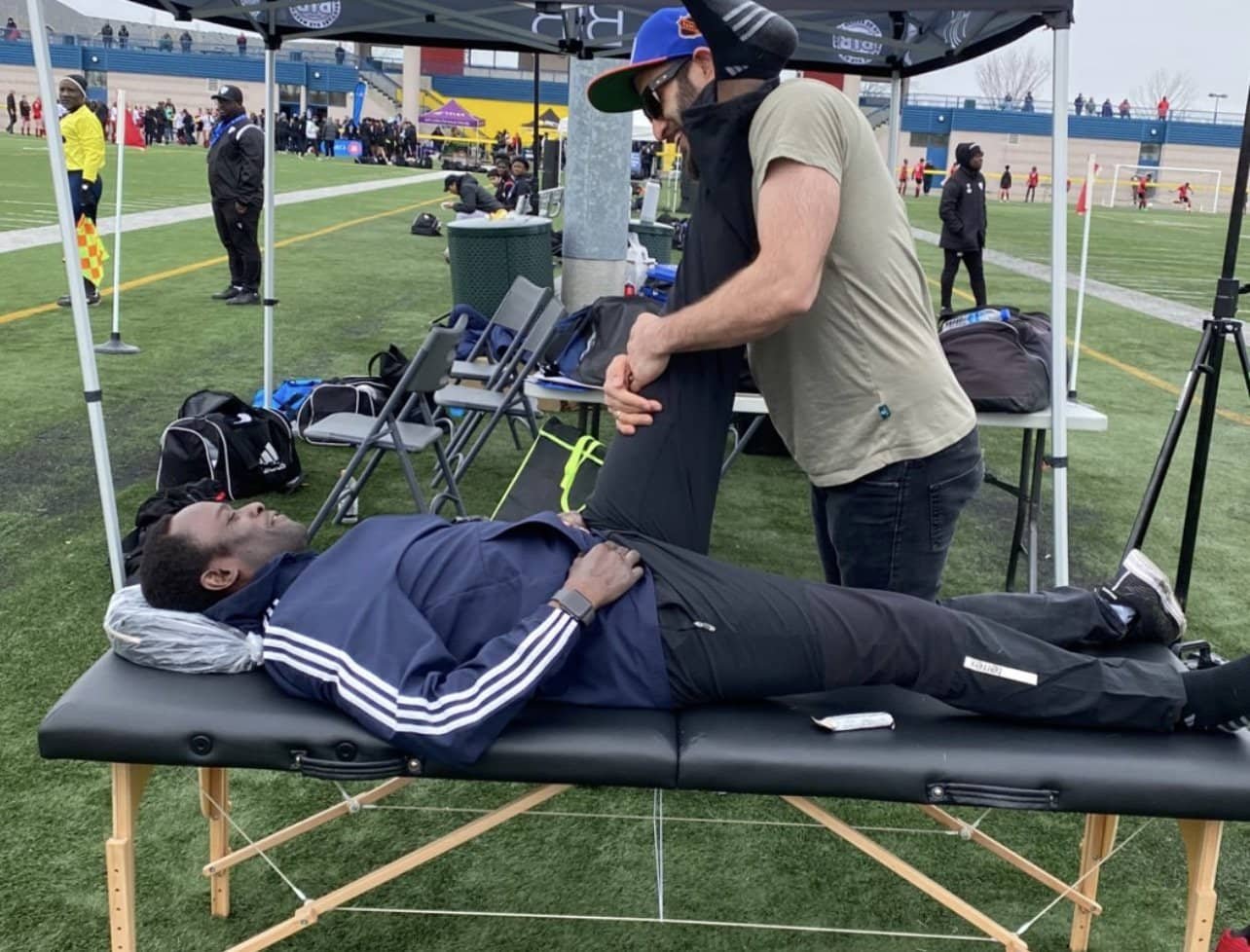
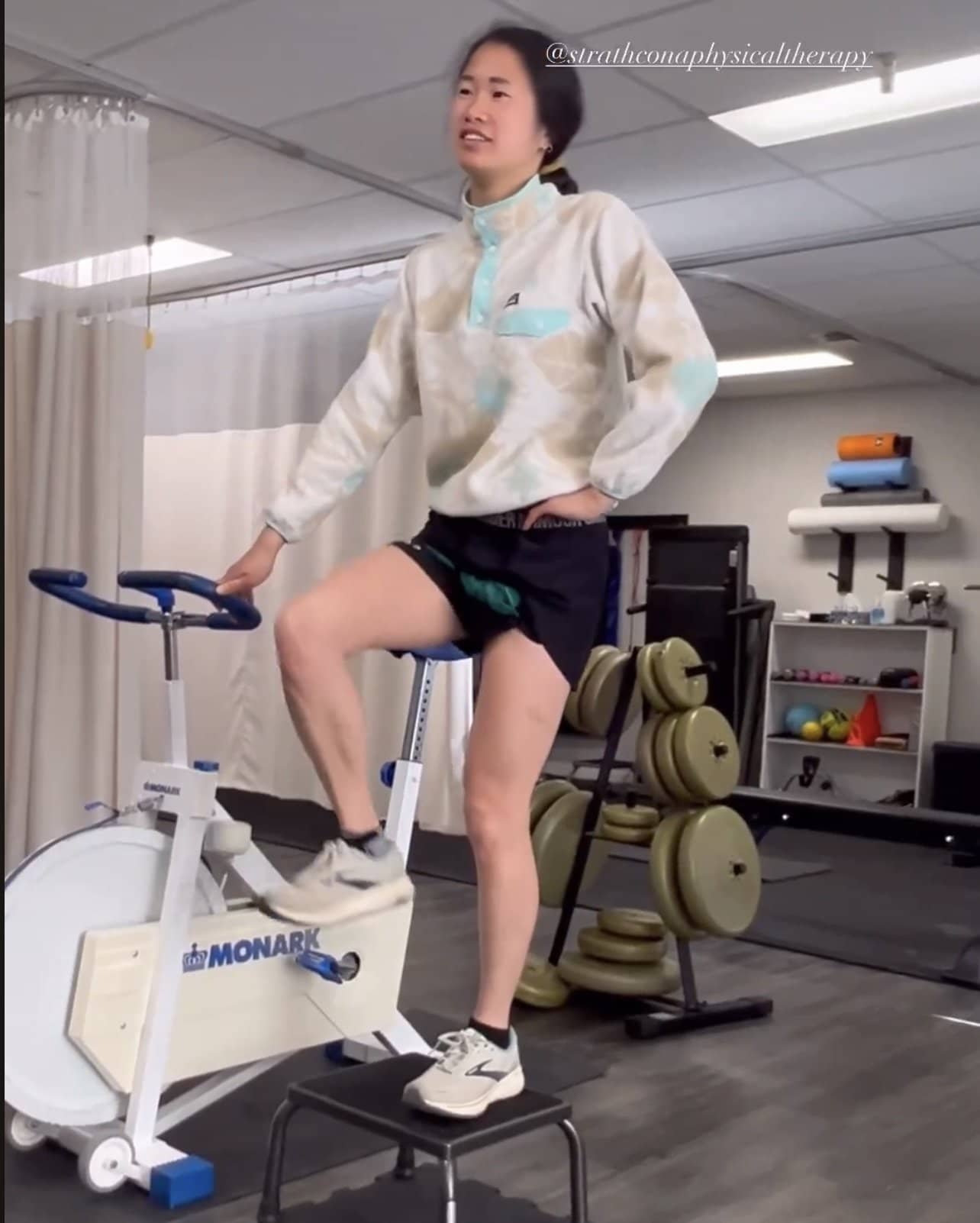

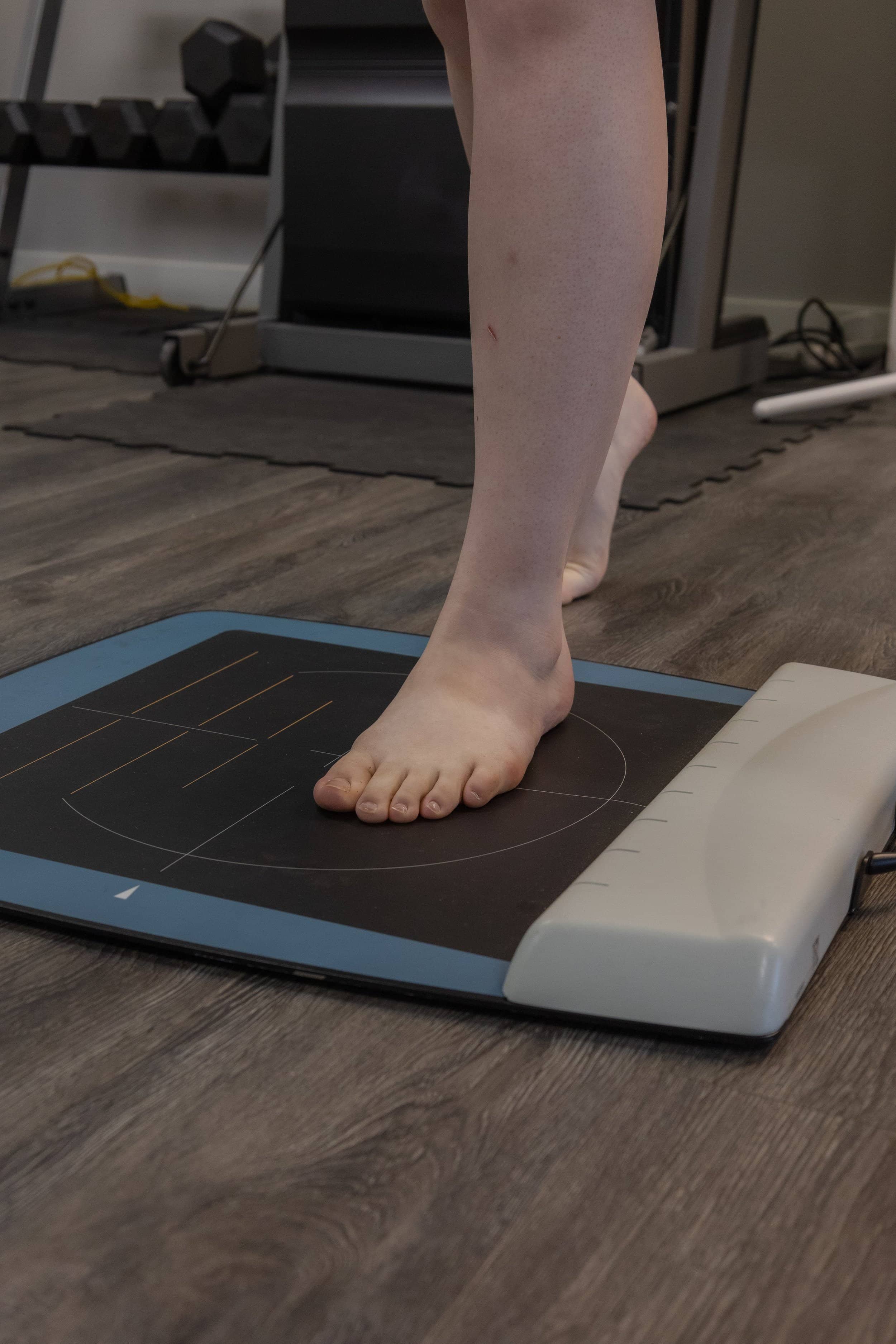

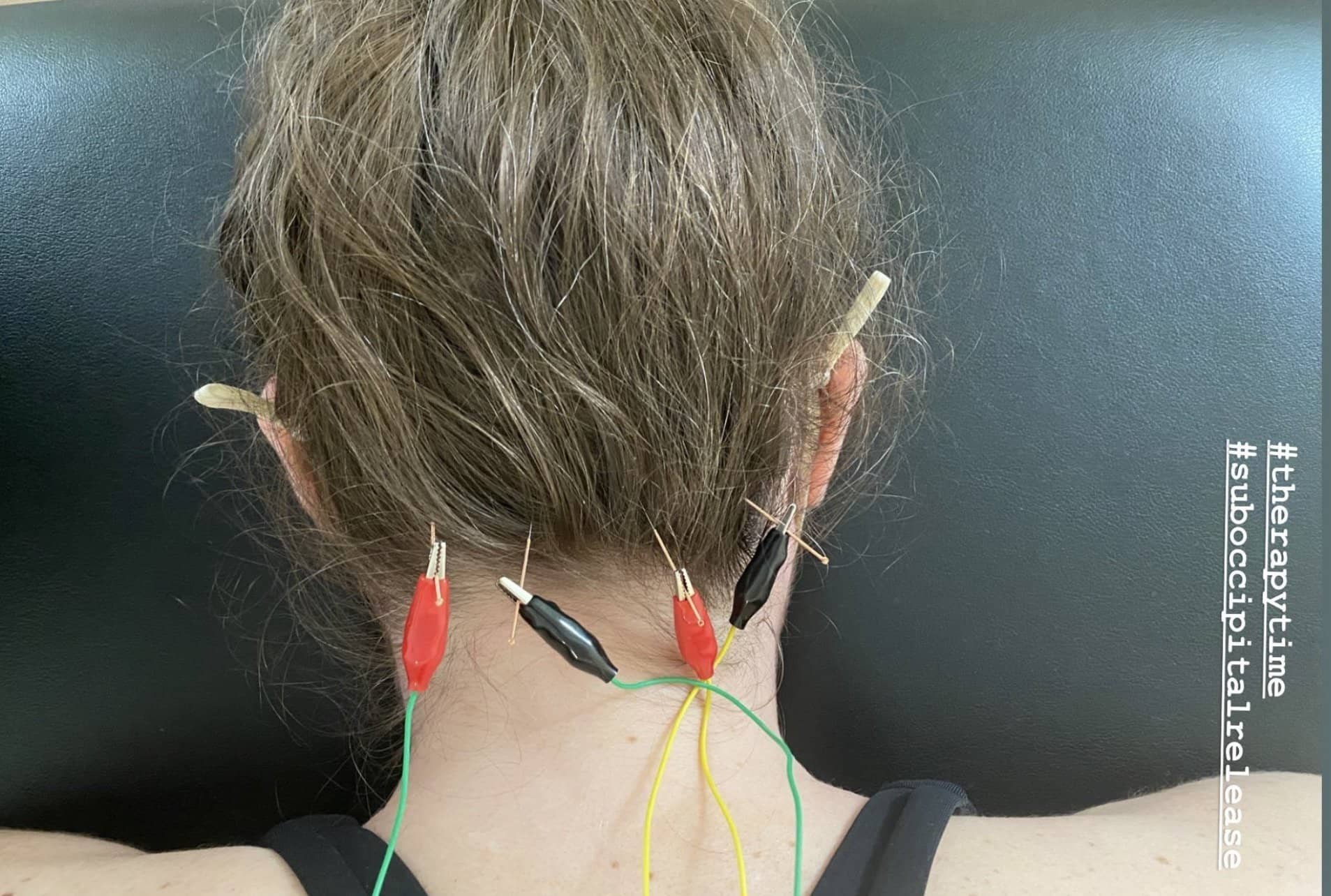
Conditions We Treat
Injuries or illnesses that affect your bones, joints, muscles, or tendons can make it hard to do your daily activities. Rely on our team to assess and treat:
Arthritis, including rheumatoid arthritis, osteoarthritis, bursitis, and gout
Post-surgical and post-fracture rehabilitation
Strains, sprains, and other injuries
Sports-related injuries in adults and children
Metabolic bone disease and osteoporosis
Pain that affects the hand, wrist, elbow, shoulder, hip, knee, foot, or ankle
Concussion Management
The Benefits of Physical Therapy
Concussion therapy is a highly useful tool in supporting recovery from traumatic brain injury. During concussion therapy, you can expect to work with a highly experienced physical therapist who will evaluate the severity of your brain trauma and match you with tricks and strategies that can reduce discomfort, alleviate painful symptoms, and improve brain functionality.
All too often, it is these symptoms of a concussion that lead to the greatest amount of discomfort. Physical therapy can encourage a return to feeling better by restoring strength to atrophied muscles and improving endurance. This can be achieved through a combination of muscle-training activities and aerobics. However, it is important to work with a physical therapist to gain guidance regarding the best activities for your body’s needs post-brain injury. Working out alone could lead to further injury. Your physical therapist will customize a strength-building program for you, as well as guide you through aerobic moves that help you regain that endurance.
In addition to physical and occupational therapy, additional strategies like targeted massage, specific stretches, and even eye motion training can help to reduce headaches and nausea following a concussion. Physical therapy programs for concussion often build in vestibular therapy, which helps you orient yourself during periods of lightheadedness or loss of balance. To encourage this your physical therapist will introduce you to specialized activities, including fixing your gaze at a certain point in the distance, or using simple movements to stabilize your core and limbs. With proper guidance these strategies can be incredibly helpful in improving quality of life as you recover from a concussion.
A concussion is not something you can ignore. Regardless of the perceived severity, following a brain injury it is incredibly important that you check in with a physician to ensure that there is no potential for lasting brain damage. If you or a loved one have experienced a concussion, Contact Us today at Strathcona Physical Therapy to learn more about concussion treatment and therapy options.
Vestibular


Some of our therapists specialize in treating vestibular problems and have taken advanced courses in that area. The vestibular system helps deliver signals to the brain to help with body orientation and movement. If the vestibular system is damaged or sending inappropriate signals this can lead to dizziness, the sense of the room spinning (vertigo), nausea, and imbalance. The most common vestibular dysfunction is called BPPV. BPPV is caused when small crystal like structures get relocated into the wrong area of the system. The relocated crystals disrupts neurological signalling and results in vertigo, feeling that you are spinning or the world is spinning around you. Due to the large amount of components that are involved in the vestibular system, assessment and treatments can be longer than a normal session. During vestibular assessment and treatments the signs and symptoms you suffer might increase, sometimes the signs and symptoms need to get worse for recovery.
DRY NEEDLING/IMS
Dry Needling is also known as intramuscular stimulation (IMS) and trigger point dry needling (TDN). It is a safe, effective, and efficient treatment used to:
Relax myofascial trigger points, and
Restore normal muscle tones, muscle length, coordination, function, and strength
Dry needling involves the insertion and repetitive manipulation of a "dry", solid filament needle in a trigger point in order to produce an involuntary spinal cord reflex, also known as a local twitch response (LTR). This results in lasting muscle relaxation due to the release of shortened bands of muscle fibers for overactive (tight) muscles or the activation of under-active (weak) muscles. Deactivation of the trigger points can bring immediate relief of symptoms, so the therapist can immediately train the muscles to work with the newly gained pain-free range of motion (ROM).
Dry Needling vs. Acupuncture
Dry needling is similar to acupuncture in the sense that a dry, solid filament needle is inserted and manipulated under the skin to release endorphins and serum cortisol for pain relief. The difference is that dry needling is based on western neuroanatomy and modern scientific study of the musculoskeletal and nervous systems. Acupuncture is based on traditional Chinese medicine (TCM). It creates balance in the body by influencing the flow of Qi (energy) in pathways called meridians to achieve pain relief and alleviate inflammation.
Conditions Treated by Dry Needling
Dry needling has successfully been used to treat a variety of conditions including:
Head and Neck Pain - including whiplash and headaches/migraines, degenerative joint disease, degenerative disk disease or osteoarthritis
Otological (Ear) and Ophthalmological (Eye) Pain - including tinnitus and eye strain
Dental (Teeth) and Orthodontic (Jaw and Occlusal) Pain - including cavities, temporomandibular joint (TMJ) dysfunction, tooth impaction, and root problems
Shoulder Pain - including rotator cuff muscle tears, bursitis, adhesive capsulitis (frozen shoulder), tendonitis, and impingement syndrome
Elbow Pain - including lateral epicondylitis (tennis elbow) and medial epicondylitis (golfer's elbow)
Hand and Wrist Pain - including gamekeeper's thumb, DeQuervain's syndrome, carpal tunnel syndrome, degenerative joint disease, and osteoarthritis
Back and Hip Pain - including lumbar degenerative disc disease, arthritic changes, and herniated discs
Knee Pain - including degenerative joint disease or osteoarthritis
Shin / Ankle / Foot Pain - including shin splints, gout, metatarsalgia, and Morton's neuroma
Plantar Fasciitis (Heel Pain)
Acute and Chronic Tendonitis
Athletic and Sports-related Overuse Injuries
Post-surgical Pain
Post-traumatic Injuries, Motor Vehicle Accidents (MVA), and Work-related Injuries
Other Chronic Pain Conditions - including myofascial pain and myofascial pain syndrome (MPS)
